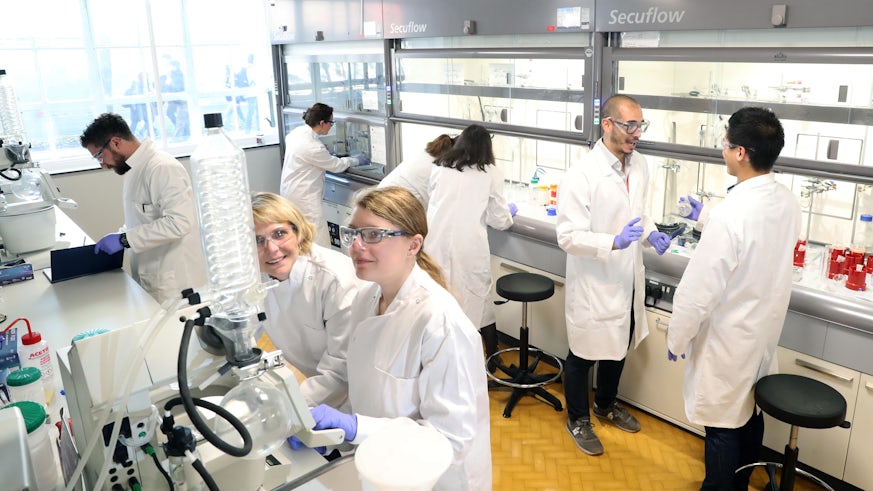New therapies for anxiety disorders
5 August 2019

Almost 75% of General Anxiety Disorder patients report dissatisfaction with their treatments due to significant side effects, but the launch of a new project at the Medicines Discovery Institute aims to address this global health issue.
The Institute at Cardiff University launched a new Research Project on July 9. This aims to discover and develop new therapies for anxiety disorders.
The new project is targeting specific proteins in the brain called GABAA receptors. These proteins, known more specifically as α2/α3-GABAARs respond to a chemical in the brain called gamma-aminobutyric acid, which regulates the communication between nerve cells.
Professor John Atack, Cardiff University’s Medicines Discovery Institute, said: “General Anxiety Disorder is the most common disabling anxiety disorder in primary care. It results in a significant reduction in the quality of life and can result in a significant impairment in normal everyday activities.
“Benzodiazepines, such a Valium and Xanax, are a class of drugs that were first introduced in the early 1960s and have a fast-acting, anxiety-reducing effect. However, they are associated with sedative side effects.
“As a result, they have been replaced as first-line treatments for General Anxiety Disorder by repurposed antidepressants, which not only have a delayed onset but also have significant side effects.
“Consequently, around 75% of patients with General Anxiety Disorder discontinue their treatment or prefer to remain untreated. Therefore, there is a considerable need to identify the first innovative therapy for treating General Anxiety Disorder for over 50 years.
“Benzodiazepines work by altering the function of a variety of different GABAAR proteins in the brain, however they are non-selective, and this causes sedative side effects.
“We want to find a novel medicine that specifically targets the subtypes of GABAA receptor that are associated with reducing anxiety, the α2/α3-GABAARs, while avoiding those GABAA receptor proteins that cause the sedation. This will hopefully give the therapeutic benefits without the sedative side effects.
“We hope that by finding a new drug that will affect the anxiety-reducing but not sedation-causing GABAA receptor proteins target a specific type of this receptor that we hope to create an effective therapy without side effects, which will have a dramatic impact the lives of people living with anxiety disorders.”